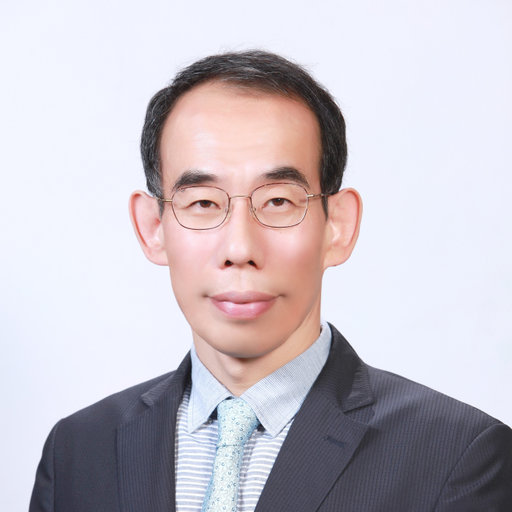Chunsik Yoon
Ph.D., CIH, ProfessorCurrent Position:
Graduate School of Public Health, Seoul National University
Former president of the KIHA (Korean Industrial Hygiene Association) (2021.3~2023.3)
Former associate dean of Graduate School of Public Health, Seoul National University (2018~2019)
Former dean of Institute of Health and Environment (2020.3~2022.2)
He got MPH in 1992 and Ph.D. in 1999 as a major of occupational hygiene at the graduate school of Public Health, Seoul National University.
His research interests cover;
- General Industrial Hygiene; Workplace Evaluation
- Chemical Analysis; GC, LC, AAS, ICP, Phase Contrast Microscopy
- Chemical management at the workplace
- Exposure assessment of asbestos, nanoparticles
- Health hazard in semiconductor industry and liquid crystal display industry
- Health hazards in new industry, new technology, new chemicals.
- Chemicals in Consumer product
- Emissions from 3D printing, 3D pens.
He has published more than 250 peer reviewed papers including over 150 SCI papers. Recently, his research area includes nanomaterial assessment of the consumer as well as workers and health hazards in semiconductor industry and liquid crystal display industry. He is also studying how to deal with unknown risks in the workplace.
Speaking Topics
Knowns and Unknowns in Semiconductor Industry - Occupational Health Perspectives
The semiconductor industry has emerged in the late twentieth century as a brilliant contributor to all over the world but Occupational health issues have emerged in all countries which have semiconductor industry. Although there have been many epidemiological studies related to occupational diseases, the causal link for most diseases has not been clearly identified.
In this presentation, I will present how occupational health issues have developed in Korea over the past 20 years, focusing on the semiconductor industry and LCD electronic will also be included.
The first topic is how the issue of occupational diseases in the semiconductor industry has become a social problem and has gained public attention. The origin of the case is Hwang Yu-mi, who worked for 1 year and 8 months a semiconductor company since 2003, suffered from leukemia and died in 2007, and was compensated as an occupational disease in 2014. In this process, I will review the activities of her father and NGOs, and the court's ruling. Since then, many occupational diseases have been recognized in the semiconductor and other electronics industries, and the standards for compensating occupational diseases have also changed, and major companies have created separate compensation systems.
The second topic is about the properties, hazards and information of chemicals and chemicals used in the semiconductor industry. I will present a summary of the chemical products used in 11 workplaces in Korea, the number of ingredients, and the characteristics of trade secret substances contained in the products. And I will briefly talk about the chemical management in large electronic companies. On average, a workplace was using 210 chemicals (as many as 500 or more), 33% of which contained trade secret substances. Most of the chemicals contained ingredients for which no NPFA hazard information was available.
Thirdly, I will summarize and present cancer epidemiological studies of major semiconductor companies conducted by the Korea Occupational Safety and Health Research Institute (OSHRI). Despite the large healthy effects of workers in semiconductor companies, non-Hodgkin's lymphoma significantly increased in female operators, and melanoma and thyroid cancer were significant in male engineers. In addition, pancreatic cancer, breast cancer, and renal cancer rates were greater than 1 in women, and bone marrow cancer and leukemia also increased in men.
Finally, I will present the main subject of this presentation, known and unknown. The semiconductor industry is changing very rapidly, and the process and chemical substances are constantly changing in the process, but it is difficult to keep up with it in terms of occupational health. These discussions will help the electronics industry, which is the main engine of economic development in Asian countries, including Taiwan and Korea, promote workers' health and sustainable development.

